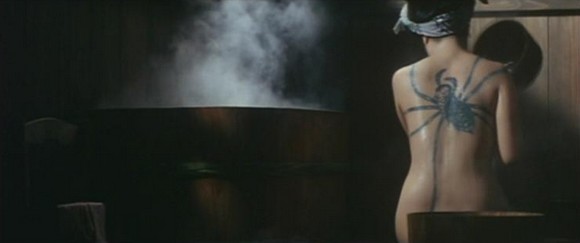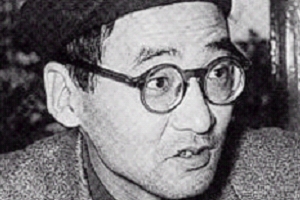Joe Dante Calls the Toon
This appeared in the Chicago Reader on November 21, 2003. — J.R.
Looney Tunes: Back in Action
*** (A must-see)
Directed by Joe Dante
Written by Larry Doyle
With Brendan Fraser, Jenna Elfman, Steve Martin, Timothy Dalton, Joan Cusack, Heather Locklear, and the voice of Joe Alaskey.
Ever since the word “auteur” became part of the standard English vocabulary in the late 60s and early 70s there’s been some confusion about its meaning. In French auteur simply means “author,” and when François Truffaut started formulating a “politique des auteurs,” or policy of authors, in Cahiers du Cinéma in the mid-50s, he had in mind a critical policy that recognized the stylistic and thematic unity certain directors gave their films. And because politique means “politics” as well as “policy,” he was also implying a ranking of those directors.
In his early writings Andrew Sarris transformed these ideas into an “auteur theory” that focused less on policy and politics. This is where the confusion started, because it wasn’t clear to most people whether this was a theory about how films were made or about how they should be viewed and interpreted. Because the mainstream discourse centered on the powerful Hollywood studios, the theory came to be understood as focusing on how films were made, with the emphasis on film as a business. Read more





